NASA and NOAA they both report 2014 as Earth’s warmest year since modern-day record-keeping, back in 1880.
According to two analyses by NASA and NOAA, 2014 was the warmest year ever recorded on Earth, hotter than 2010.
Gavin Schmidt, director of NASA’s Goddard Institute of Space Studies, said:
“This is the latest in a series of warm years, in a series of warm decades. While the ranking of individual years can be affected by chaotic weather patterns, the long-term trends are attributable to drivers of climate change that right now are dominated by human emissions of greenhouse gases.”
Global Highlights by NOAA
-The year 2014 was the warmest year across global land and ocean surfaces since records began in 1880. The annually-averaged temperature was 0.69°C (1.24°F) above the 20th century average of 13.9°C (57.0°F), easily breaking the previous records of 2005 and 2010 by 0.04°C (0.07°F). This also marks the 38th consecutive year (since 1977) that the yearly global temperature was above average. Including 2014, 9 of the 10 warmest years in the 135-year period of record have occurred in the 21st century. 1998 currently ranks as the fourth warmest year on record.
-The 2014 global average ocean temperature was also record high, at 0.57°C (1.03°F) above the 20th century average of 16.1°C (60.9°F), breaking the previous records of 1998 and 2003 by 0.05°C (0.09°F). Notably, ENSO-neutral conditions were present during all of 2014.
-The 2014 global average land surface temperature was 1.00°C (1.80°F) above the 20th century average of 8.5°C (47.3°F), the fourth highest annual value on record.
-Precipitation measured at land-based stations around the globe was near average on balance for 2014, at 0.52 mm below the long-term average. However, as is typical, precipitation varied greatly from region to region. This is the third consecutive year with near-average global precipitation at land-based stations.

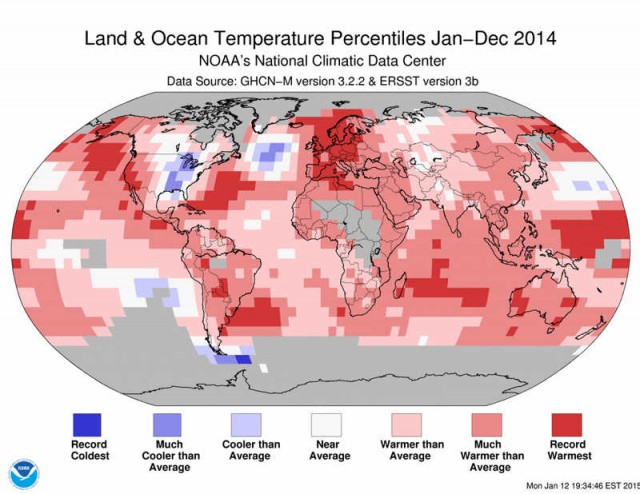
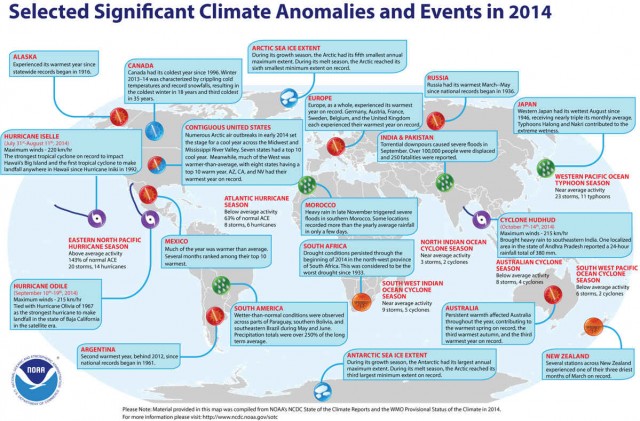
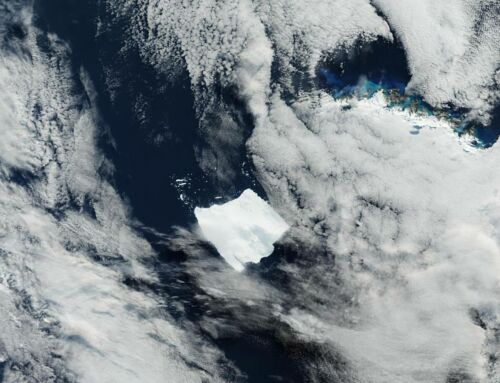
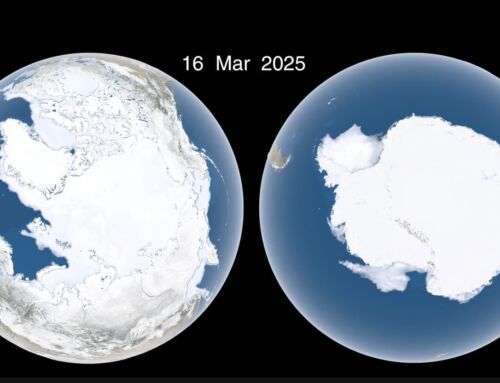

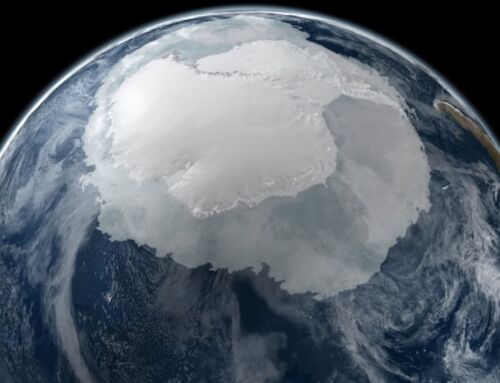
Leave A Comment